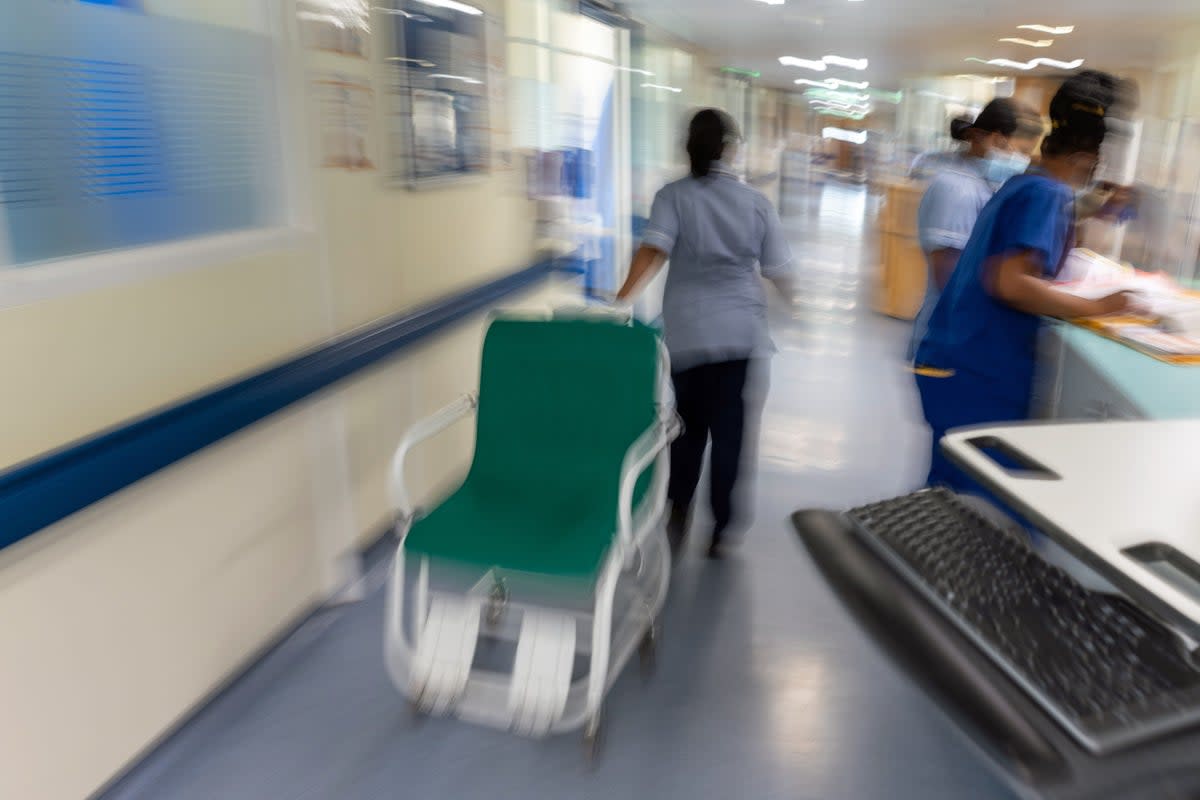'Fit and healthy' man, 84, died after surgery following wrong cancer diagnosis

A “fit and healthy” 84-year-old man died in a London hospital after being misdiagnosed with a rare form of cancer, according to a coroner.
Alan Soane died at the Royal London hospital on June 26 last year following complications from surgery to treat an incorrect diagnosis of duodenal cancer, which occurs in the small intestine.
In March 2023, he had undergone an endoscopy and a biopsy of his small intestine at his local hospital in Essex.
The biopsy concluded that it was likely that Mr Soane had a “differentiated adenocarcinoma”, a type of cancer that grows in glands that line the insides of the organ.
Mr Soane was referred to the Royal London hospital in Whitechapel where doctors diagnosed him with duodenal cancer on May 3. The medical team conducted an immunohistochemical test, which checks for markers of cancer, but did not perform a further biopsy.
Their diagnosis later turned out to be incorrect, according to a Prevention of Future Deaths report issued by coroner for Inner North London Ian Potter.
Following the diagnosis, Mr Soane agreed to complex surgery known as a “Whipples” procedure, which involves removing the head of the pancreas, a portion of the bile duct, the gallbladder and the duodenum.
The operation can cause complications including difficulty digesting, infection or bleeding from the gastruoduodenal artery.
Mr Soane died on June 26 “as a direct result of known complications” of the procedure, the report said.
He would “not have been offered Whipples surgery had it not been for the incorrect diagnosis provided”, it added.
In the report, Mr Potter raised concerns that Barts Health NHS Trust, which operates the Royal Free, did not have a consultant histopathologist on site to help provide Mr Soane with an accurate diagnosis.
Mr Potter said it was “acknowledged” that the lack of such a specialist had led to the misdiagnosis.
He added: “This inability to provide a consultant histopathologist is something that has been on the Trust’s risk register for over five years and recruitment exercises have taken place, to no avail.
“I was told in evidence that this is attributed to the fact that nationally, 25 per cent of Consultant Histopathologist roles remain vacant; in short, there is a national shortage of consultant histopathologists.
“The concern here is that a national shortage of consultant histopathologists puts a widespread proportion of the patient population at a significant risk.”
Mr Potter said that he was “reassured that the individual NHS Trust had made continued efforts to reduce the risks they identified” by attempting to recruit to the vacant post.
But he added that he was “not reassured that action has been taken at a national level” to reduce the shortage of consultants.
An NHS spokesperson said: “NHS England extends its deepest sympathies to the family and friends of Alan Soane. We are carefully considering the Prevention of Future Deaths Report sent to us by the coroner and will respond in due course.”
The Standard has contacted Barts Health NHS Trust for comment.
NHS England has until May 28, 2024 to respond to the coroner’s report.


